Romance 3.0: No ghosting, simply paywalls
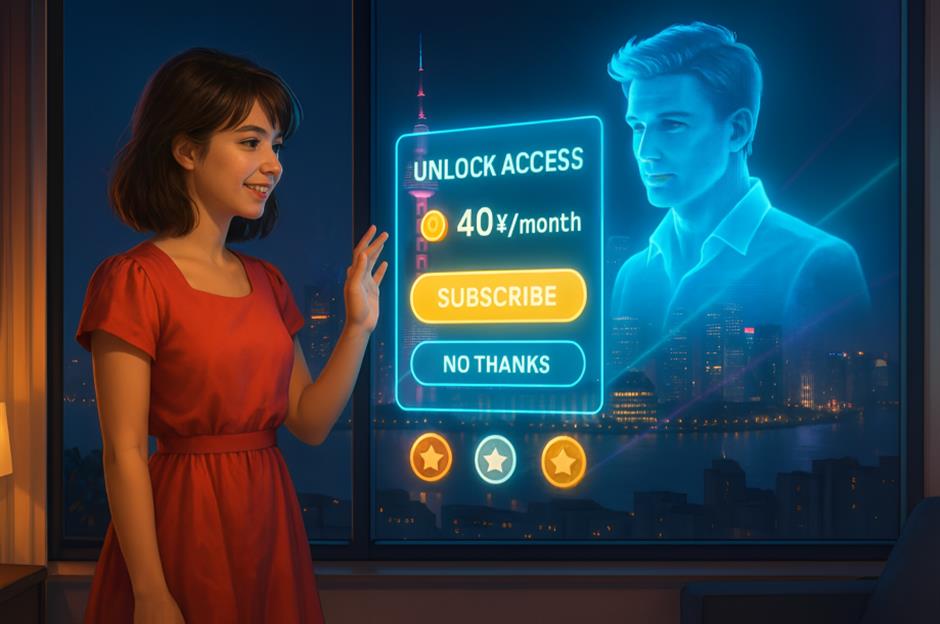
He's the perfect date. He listens to what you have to say. He never cheats on you. And he's not being thrust on you by pushy matchmakers.
Ladies, meet the new generation of digital companion, generated by artificial intelligence. The fee paid by average users for an AI romance can be as little as 40 yuan (US$5.60) a month.
The dating industry globally is increasingly turning to AI romance apps, generating an estimated US$28 billion last year. In China, the industry was valued at 14.8 billion yuan in 2024 and is forecast to grow to 91.5 billion yuan by 2030.
Modern courtship in China may be viewed through three phases.
What's called Romance 1.0 had parents choosing promising matches for their children based on income and breeding. Meetings were arranged in teahouses; love was optional.
Romance 2.0 began in the new millennium with the rise of online matchmaking sites like Jiayuan and Baihe. That trend quickly moved to mobile phones, making dating something you might arrange between Metro stops or while sitting in class, no assistance needed from family or friends.
Losing popularity
But that trend has been tailing off in recent years as dating scams increase and success rates languish.
China's Hello Group, which operates mobile dating sites Momo and Tantan, said revenue from Chinese mainland operations in the first quarter of this year dropped 9 percent from a year earlier to 2.5 billion yuan. Paying users of the Momo app fell to 4.2 million from 7.1 million, and Tantan subscribers fell to 800,000 from 1.1 million. Hell shares trading in the US have plunged 96 percent in the last five years.
With half of Chinese people between 25 and 29 unmarried, dating apps proving successful for only an estimated 1 percent of users, scams becoming more prevalent and the cost of a date rising, what's the lonely-heart population to do?
Enter what might be called Romance 3.0: the age of AI romance – the perfect confluence of the lovelorn, AI technology and enterprising capitalists.
Popular AI dating apps like Xingye, Maoxiang and broader tools like DeepSeek and Doubao allow lonely singles to create their own companions as lovers, friends or study buddies. There is no hassle of arranging meeting places or worrying about personal safety. Most importantly, your partner is always available – given you can pay!
On Apple's China App Store in January, Minimax's Xingye AI app reported about 4.9 million new downloads and about 9 million daily active users, while ByteDance's Maoxiang site logged about 2.6 million downloads and nearly 6 million daily users.
The business model of AI dating apps is akin to traditional dating sites, with discounts and virtual gifts offered to attract users. Upgrades for more premium services are available.
New users are allowed a handful of free messages just to get them hooked. Then come the paywalls. MiniMax's Xingye offers its Star Moon Card at 12 yuan a month. Heavy texters can buy booster packs for up to 6 yuan each.
Maoxiang takes a tiered route: 15 yuan for a week, 30 yuan for a month or a 78 yuan monthly plan that unlocks unlimited text and voice chats on iOS. QuestMobile and Diandian Data estimate average users pay between 40 yuan and 50 yuan a month.
Lucrative prospects
Investors see potential in AI romance apps. Shanghai-based MiniMax, an AI startup, has filed an application for a Hong Kong initial public offering, targeting a valuation of over HK$4 billion (US$510 million). This month it completed a US$300 million round of funding, after a US$600 million round last year led by Alibaba and Tencent.
ByteDance is funding Maoxiang, from an AI war-chest of more than 150 billion yuan. Regulators are also moving: New labeling rules taking effect on 1 September 2025 will force AI-generated content, including digital lovers, to be clearly marked, and China's upgraded "Minor-mode" is set to tighten time limits and age checks across all apps, with spending caps for under-18s still under debate.
Still, the relentless progress in AI technologies promises even better experiences for digital romance. In the future the AI companions will vet matches, rehearse conversations and even join first dates as holographic "wing-bots." As headsets shrink and ambient displays spread, users will be able to slip on lightweight augmented reality glasses to interact more intimately with digital dates
The AI dating industry still faces hurdles, both regulatory and social. Can digital romance really replace a warm human hug?
Li Di, chief executive of AI dating site XiaoIce, observed a few years back, "Having XiaoIce is always better than lying in bed alone, staring at the ceiling."
(The author is a graduate student at Shanghai Jiao Tong University.)
In Case You Missed It...
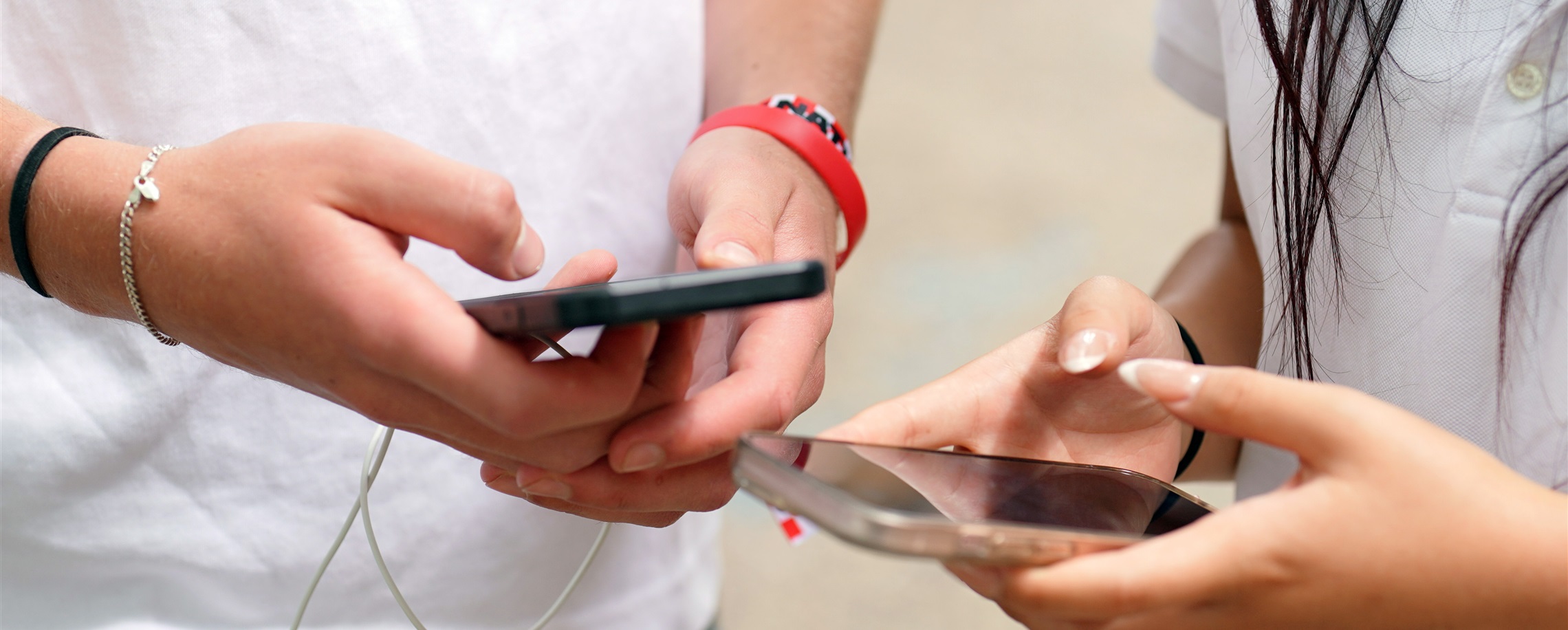
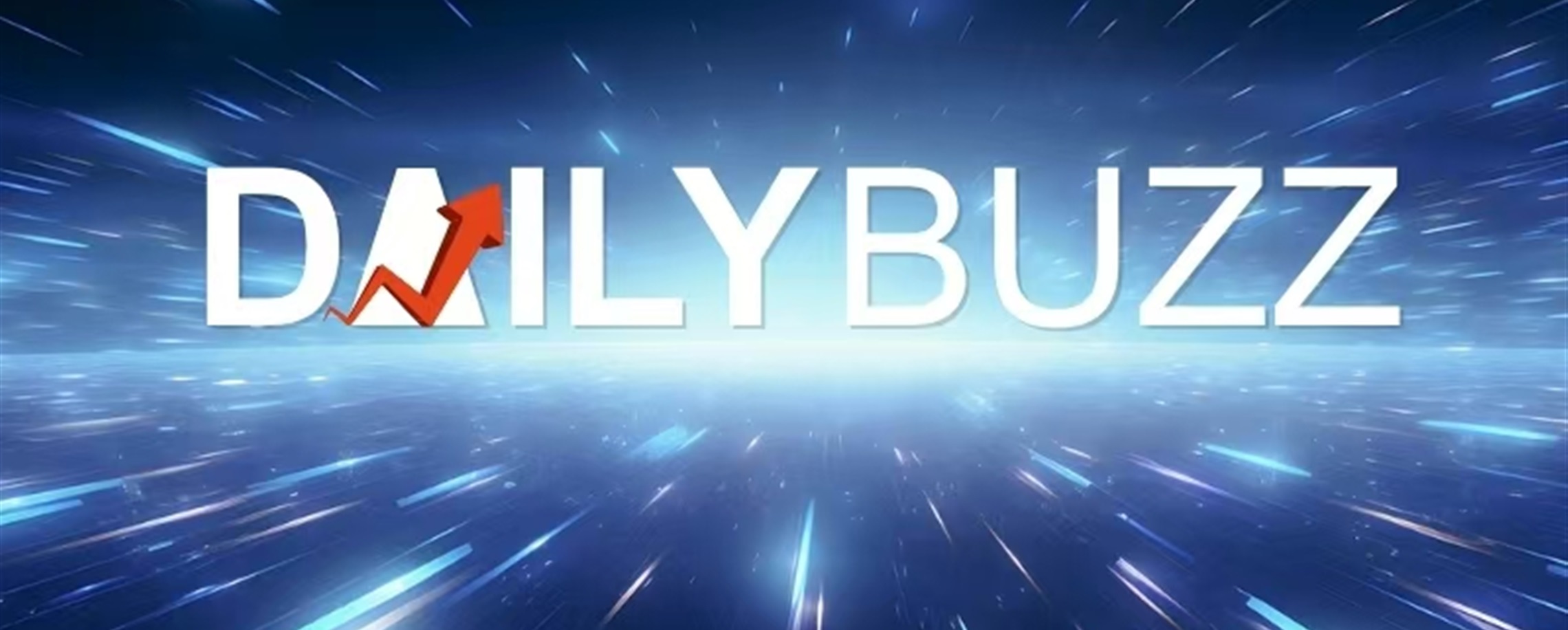


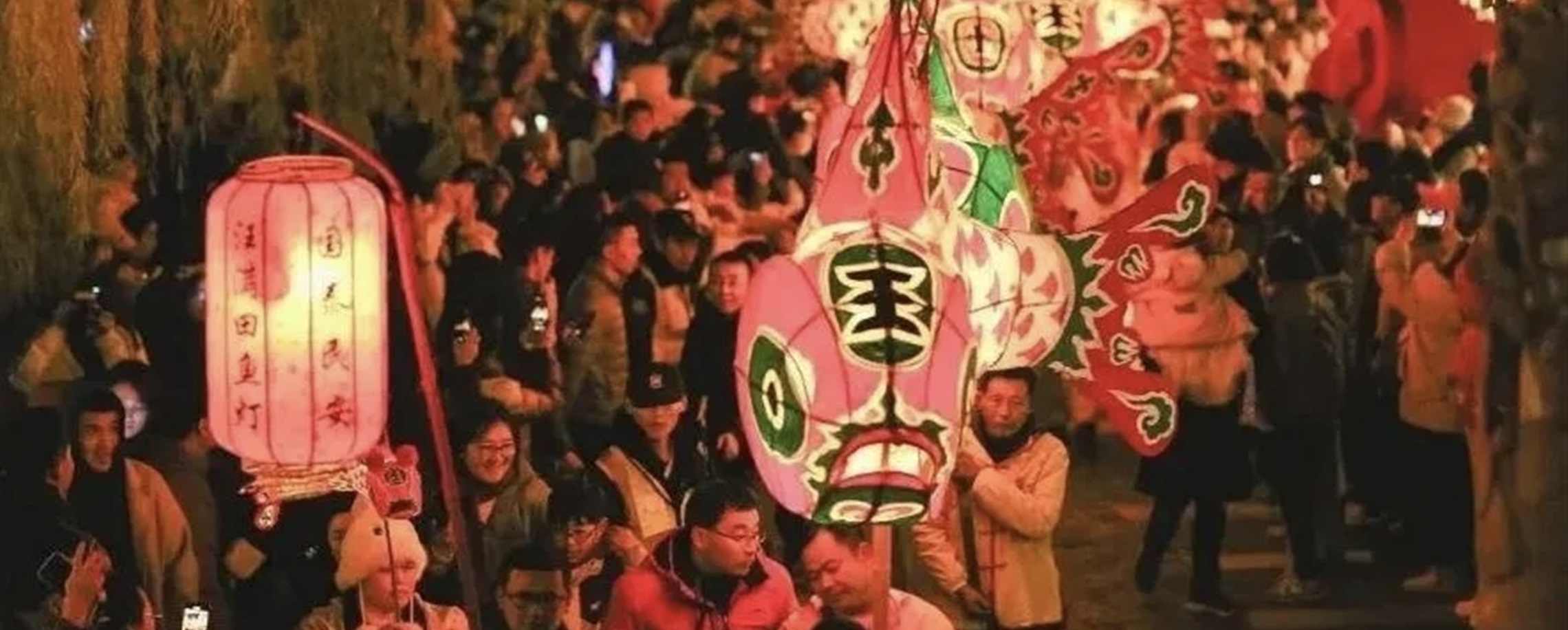
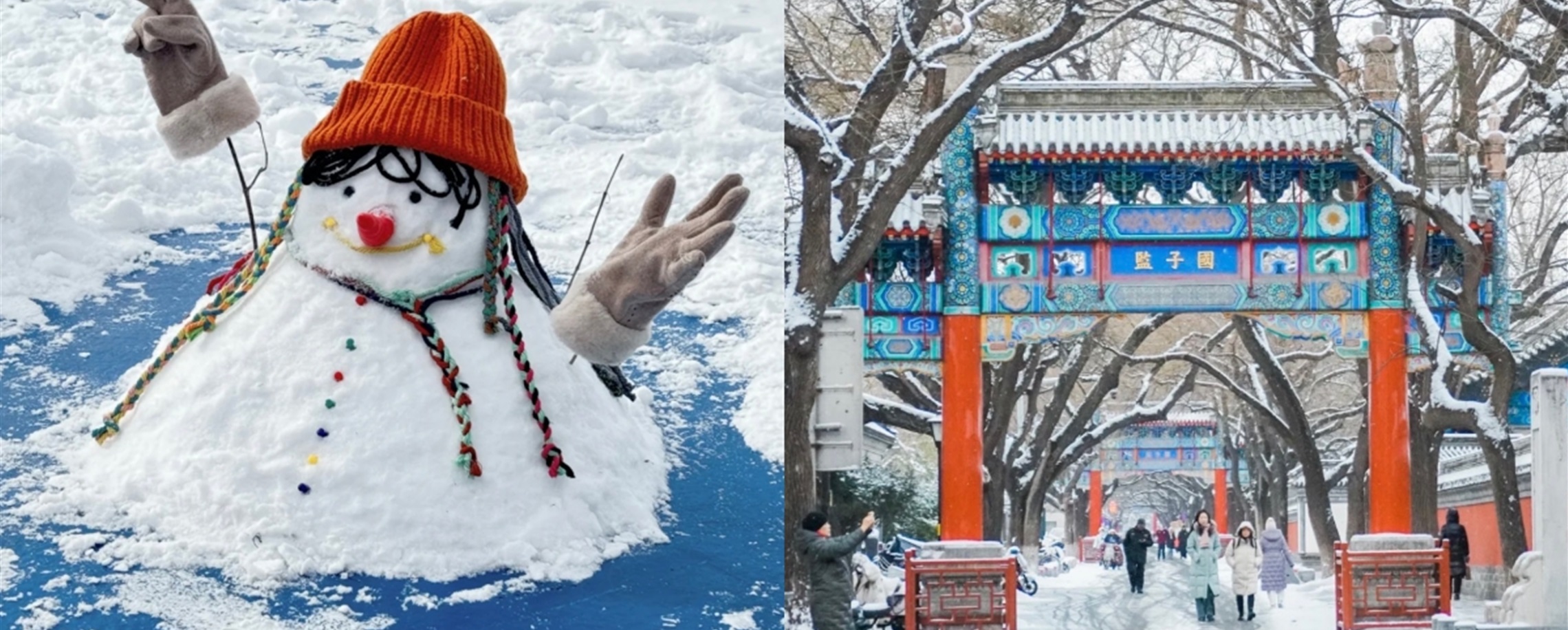
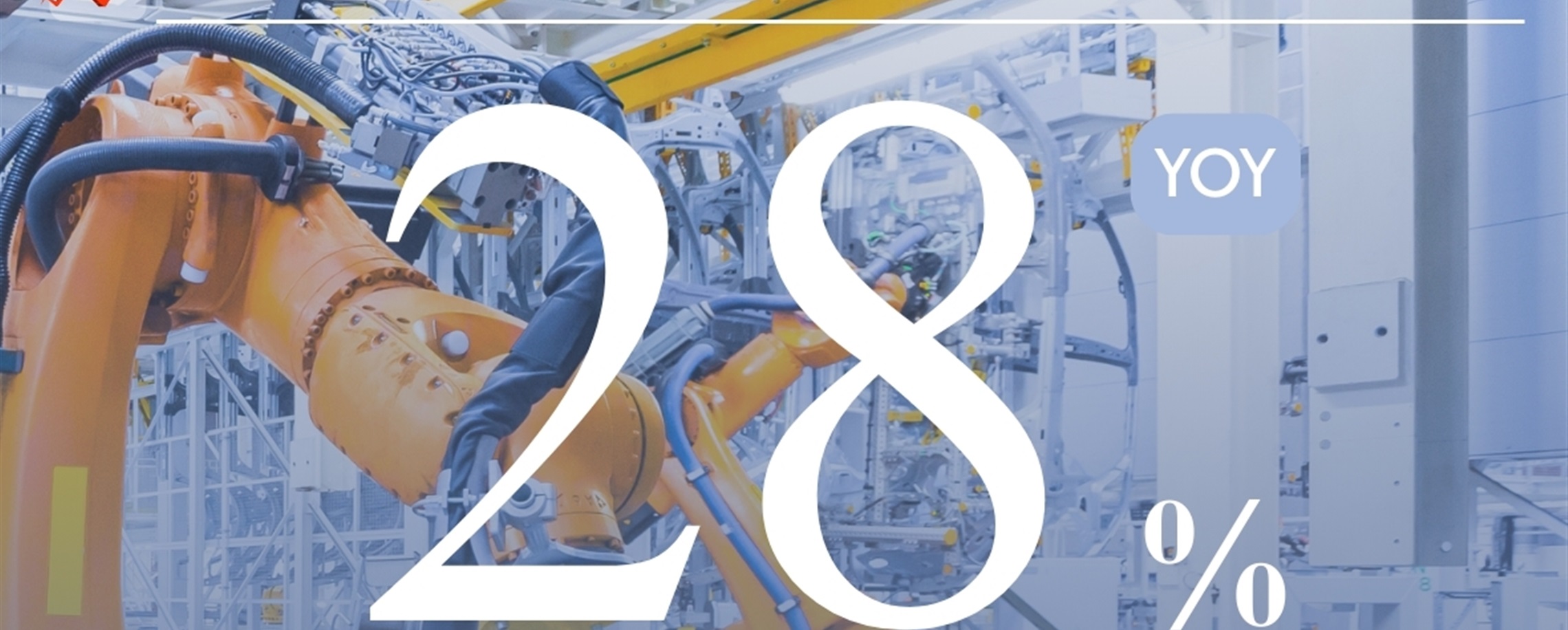
![[China Tech] FDA Clears Gene-Editing Trial for Corneal Dystrophy at Fudan University Hospital](https://obj.shine.cn/files/2026/01/19/a89feb4b-baec-499e-a03b-7d44042cb364_0.jpg)
